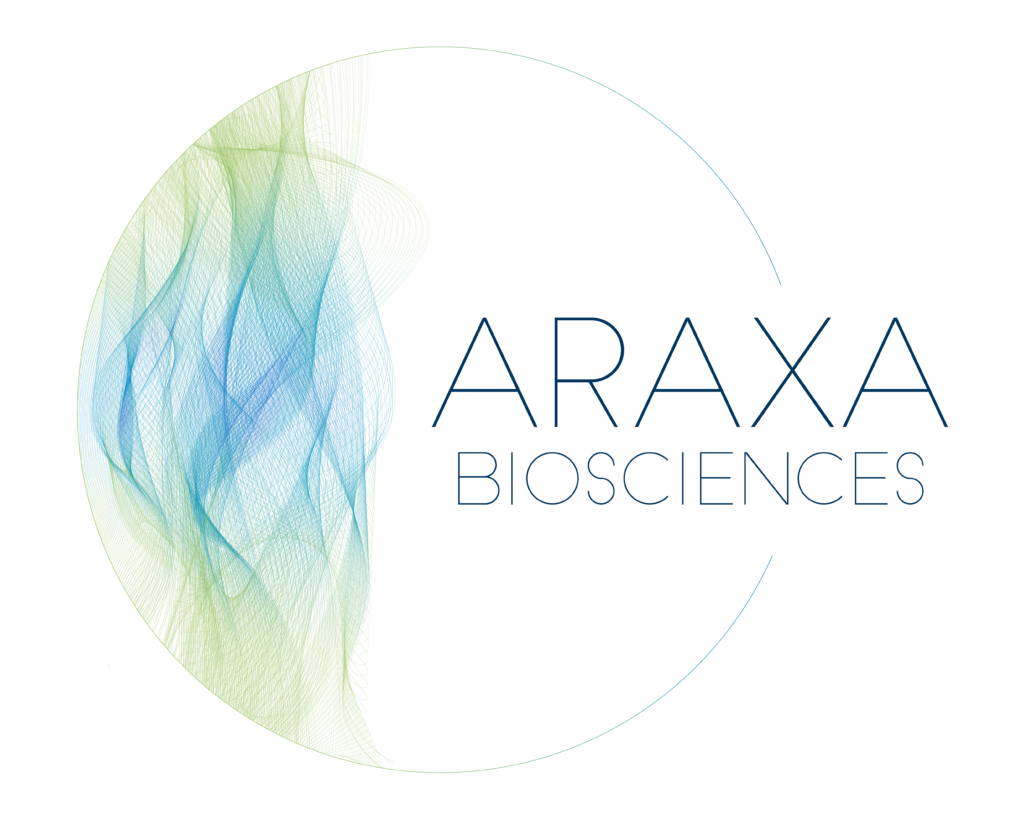Antibody Engineering for Therapy and Diagnosis
New EMBL spinoff company Araxa Biosciences GmbH aims to set new standards for the development of antibody-based therapeutics and diagnostics
Heidelberg 22.01.2020, A proprietary protein engineering technology platform developed at the European Molecular Biology Laboratory (EMBL) paves new ways for the development of highly specific antibody-drug conjugates (ADC) or radioimmunotherapeutics (RIT). Founded by the EMBL together with its technology transfer arm EMBLEM Technology Transfer GmbH and current active investor Xlife Sciences AG (m:access: XLS), a Swiss company with focus on investing in promising technologies in the life science industry, the spinoff company Araxa Biosciences will apply the platform to offer protein engineering for medical, research and biomaterial applications.
There are still a high number of diseases which are lacking treatment and/or diagnostics options. Protein-based drugs, like ADCs or RITs, show great potential in the fight against cancer. Their advantage over the typical small molecules lies in the high biologic specificity, which not only helps to enhance the effect on the cancer cells, but also leads to reduced side effects. Targeted chemical modification of antibodies, to improve their effectiveness and other aspects, is one of the most promising but also most demanding areas of development in modern biotechnology.
Many common methods for the production of protein-small molecule conjugates suffer from drawbacks such as bulky modifications, restriction of the modification site, complex and inefficient procedures, or batch-to-batch variety.
“Araxa’s proprietary protein engineering platform overcomes these limitations by combining the concepts of genetic code expansion and bioorthogonal click chemistry. The technology allows for the labelling of antibodies with any probe in an ultrafast as well as quantitative manner.
The main goal of the company is to further develop the technology platform, which addresses the limitations of the current methods. The core of the approach is the targeted, site-specific integration of so called unnatural amino acids (UAA) in monoclonal antibodies (mAb) through genetic code expansion. These UAAs can subsequently be linked to active substances or radioisotopes via a bioorthogonal click chemistry reaction. In the future direct coupling even in patients might become possible.
“Araxa will offer its technology to partners with interesting targets and envisions at a later stage to also pursue its own product pipeline.”
The modular concept of Araxa’s platform allows for the independent exchange of antibodies or modifications. The company will initially be established as an antibody engineering service provider for the biotech and pharmaceutical industry.
“EMBL’s solid patent portfolio around the protein engineering platform developed by Edward Lemke and his team puts Araxa on a solid footing for competitive developments in this field. Araxa now has a strong basis to expand the technology and make it broadly available in diverse markets”,
About EMBL
EMBL is Europe’s flagship laboratory for the life sciences. Established in 1974 as an intergovernmental organisation, EMBL is supported by over 20 member states. EMBL performs fundamental research in molecular biology, studying the story of life. The institute offers services to the scientific community; trains the next generation of scientists and strives to integrate the life sciences across Europe.
EMBL is international, innovative and interdisciplinary. Its more than 1600 staff, from over 80 countries, operate across six sites in Barcelona (Spain), Grenoble (France), Hamburg (Germany), Heidelberg (Germany), Hinxton (UK) and Rome (Italy). EMBL scientists work in independent groups and conduct research and offer services in all areas of molecular biology.
EMBL research drives the development of new technology and methods in the life sciences. The institute works to transfer this knowledge for the benefit of society.
For more information, please visit https://www.embl.de
About EMBLEM
EMBLEM, established in 1999, identifies, protects and commercializes the intellectual property developed in the EMBL world, from EMBL alumni and from non-EMBL third parties. EMBLEM currently manages a portfolio of more than 400 granted patents and patent applications, and has created 18 spin-out companies. EMBLEM facilitates and accelerates the transfer of innovative technology from basic research to industry by working closely with industrial partners spanning the biotech, IT and mechanical/electrical engineering markets and currently has more than 400 licensees of EMBL technologies.
For more information, please visit www.embl-em.de
About Xlife Sciences AG
Xlife Sciences AG is a Swiss company with focus on investing in promising technologies in the life science industry. Xlife Sciences AG is building the bridge from research and development to healthcare markets by supporting researchers and entrepreneurs in positioning, structuring, developing and implementing their concepts. Together with industrial partners or universities, Xlife Sciences AG leads
projects through the proof-of-concept phase after an invention disclosure or start-up. Subsequently, the firm focuses on out-licensing or selling the company, often with a combination of a strategic partnership. Xlife Sciences AG offers its investors direct access to the further development of innovative and future-oriented technologies at a very early stage.
For more information, please visit: www.xlifesciences.ch

